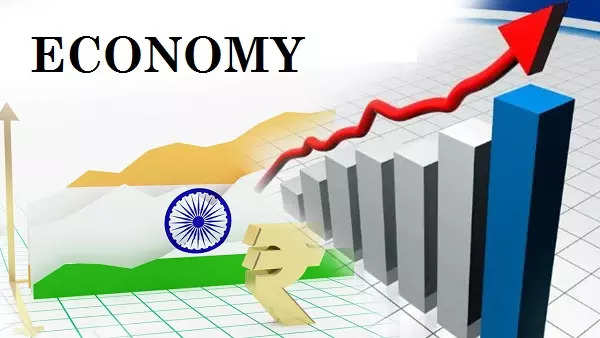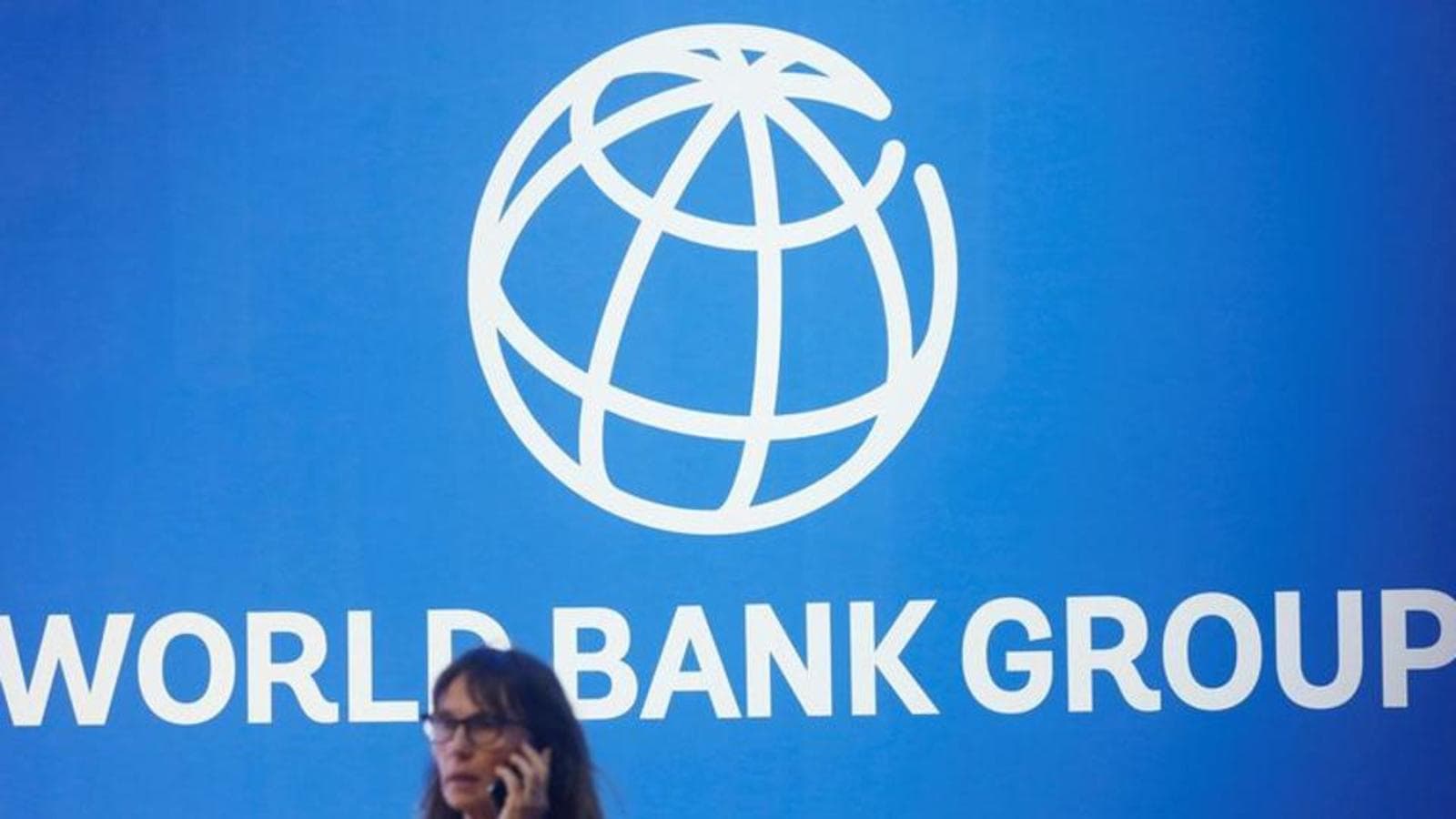India stands out amid the global doldrums; proceeds with care in 2023.

According to experts, the coordinated monetary and quantitative tightening of major central banks will likely have a lag effect in 2023, which might have a significant negative impact on demand and global economic development. Additionally, this will have effects on India’s economic development, employment opportunities, income levels, the standard of living, amount of debt, and government balance sheet.
If so, the government would have to maintain a constant state of alertness regarding how macroeconomic indicators may change after submitting its Union budget for FY24 on February 1 and would not be allowed to let up. Assembly elections will also be held in the meanwhile. In the months leading up to the national elections early in 2024, Nagaland, Meghalaya, and Tripura will hold elections in March, followed by Karnataka in May.
The Mahindra Group’s group chief economist, Sachchidanand Shukla, claims that the year 2022 was characterized by consistently high inflation that was unabated despite the vigorous tightening of policy rates by significant central banks. In addition, although the rest of the globe was able to move on from COVID, China was still suffering from the epidemic, which led to some of the negative consequences on supply chains that we are now seeing.
The protracted Russia-Ukraine war, according to him, is another significant event of the year that might continue to affect the next one. According to Shukla, consumers should be ready for the negative or delayed impacts of interest rate increases in the next year or fiscal FY24 in light of what transpired in 2022. “While the majority of it occurred in 2022, real activity and data will only be affected six to nine months later. “In my opinion, the story of 2023 will be how the demand side manages to deal with the delayed effects of interest rate increases,” said Shukla.
In contrast to the 3.2% estimate for this year, the International Monetary Fund already forecasts that global economic growth will be weaker in 2023, at 2.7%. India and other developing countries would undoubtedly be impacted by this deceleration of development. India’s exports are probably going to slow down, which will have some effects on manufacturing as well. The uncertainty will also affect the government’s budget and how it handles the economy in the upcoming year. The cost of government subsidies for food and fertilizer has already skyrocketed in the current fiscal year. The Center’s revenue sources, however, could provide the space needed to balance the budget this year and the following.
The main saving grace in terms of government finances, according to D.K. Srivastava, principal policy adviser at EY, has been the strong rise in the nominal gross domestic product (GDP) above actual GDP growth, which led to unforeseen revenue buoyancy. This offers the administration the freedom to present a convincing glide path for reestablishing fiscal responsibility and budget management (FRBM) standards in the upcoming years.
Experts anticipate that the Reserve Bank of India (RBI) and the government will work together to control inflation in 2019 and that the government will continue to play a leading role in fostering growth. “Maintaining growth is difficult.” I believe the RBI may be hesitant to lower interest rates until it is confident that the inflation trend has been corrected. The government will be responsible for maintaining growth, according to Srivastava, who also predicted that the government will continue to place a high priority on accelerating CAPEX.
Few see the government stimulating consumer spending, unless specifically for those at the base of the economic pyramid. We shouldn’t try to buy our way out of difficulties by overspending. Yes, there will be some slowdown in demand, but what is needed is a coordinated effort between fiscal and monetary policy rather than a large fiscal stimulus or something of the kind. That is, exercising sound financial judgment will lessen the demand on the RBI to increase interest rates, according to Sachchidanand Shukla.
If the price of these commodities increases next year, many anticipate the government to take similar actions to those already adopted, such as decreasing the excise tax on petroleum goods and reducing import duties on edible oils. Gita Gopinath, the first deputy managing director of the IMF, previously identified several headwinds that emerging market economies should prepare for in 2023, including slowing global demand, tightening financial conditions, a slowdown in Chinese growth, and uncertain global food and energy prices.
Since January 2022, the Federal Reserve has increased the federal fund’s target rate by a total of 375 basis points, while the Bank of England and the European Central Bank have increased it by 200 basis points and 250 basis points, respectively, since November 2021. Since May, the RBI has increased its repo rate by 225 basis points over five increments. Accelerated adoption of clean energy and development of nuclear power capacity, where practicable, would remain major goals for many nations, including India, since energy prices pose hazards to family and government budgets.
There is no possibility of a recession; India’s GDP will rise at the quickest rate this year.
Despite challenges from increasing inflation, a widening trade deficit, and a sinking rupee, India will have the fastest-growing major economy this year and the following year, according to a top government source. Although the current account deficit (CAD) has alarm bells going off due to the expanding trade imbalance and diminishing foreign reserves as a result of rising import costs, the source indicated things should stabilize shortly.
“There is no possibility of a recession in India.” We are expanding steadily. “There is no doubt that growth will continue to accelerate; we will continue to have the fastest-growing economy this year and next year,” “added the source. Pent-up demands for services and increased industrial output have kept the economy on its recovery path even while inflation remains above the comfort level.
The RBI is one of the primary forecasters, and it has estimated GDP growth for the current fiscal year at above 7%, which is greater than the growth rate of any major country. “The rupee level is not concerning. The RBI and the government regularly track rupee fluctuations. No other actions are planned to promote the inflow of funds, “added the source.
In response to worries that India would have a balance of payments crisis and run out of foreign currency to pay for imports, the source stated that because the cost of crude oil and electronic goods has decreased, CAD shouldn’t be a significant problem. It should shortly stabilize. Experts predict that CAD will increase from 1.2% of GDP last year to 3% of GDP in the current year. The price of crude oil, the only commodity that India imports in large quantities, has decreased recently from USD 110 per barrel to USD 95-96, which has relieved importers.
Other commodity prices, including the price of edible oil, have fallen recently. According to the source, the administration is working with the RBI and taking ongoing action to reduce inflation. For six months in a row, inflation has exceeded the highest tolerance level of 6%. A regular monsoon will lower the cost of foodgrains and further reduce inflation, the source added, adding that prices of edible oil, crude oil, and fertilizer had recently decreased. “Until inflation falls to a level that is tolerable,” the statement said.
Edited by Prakriti Arora




